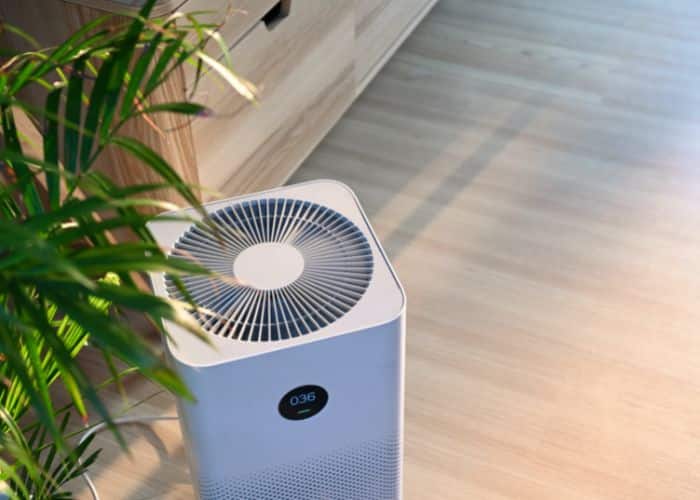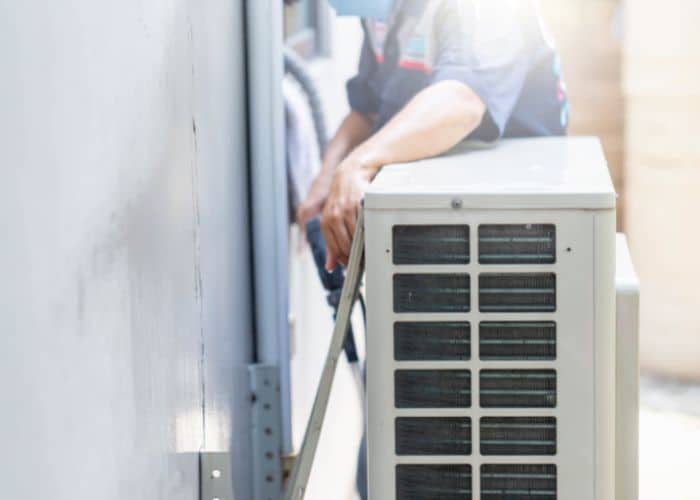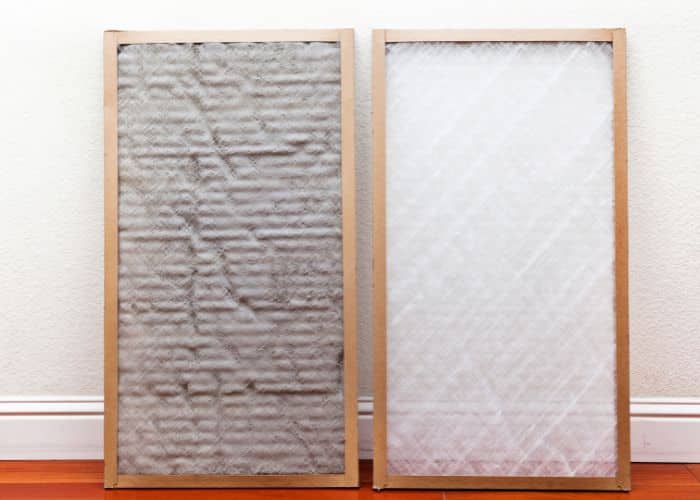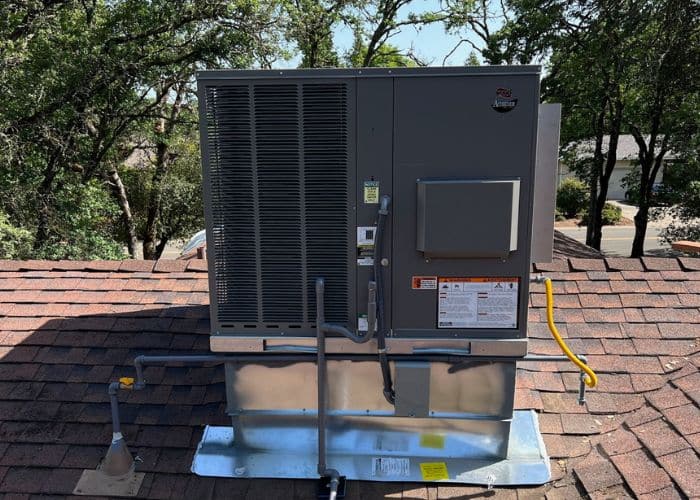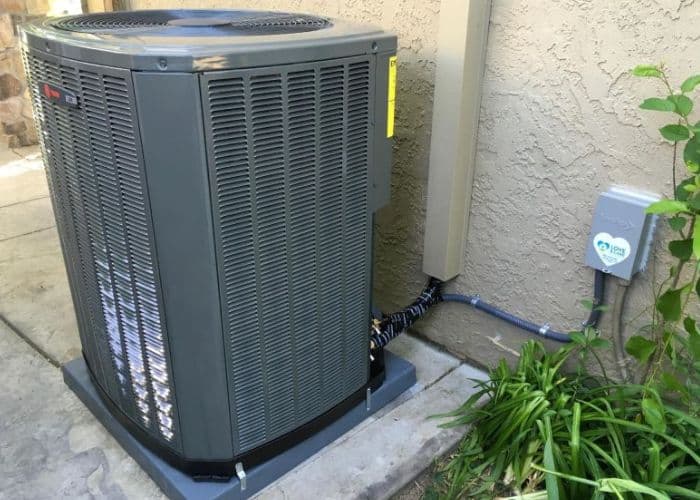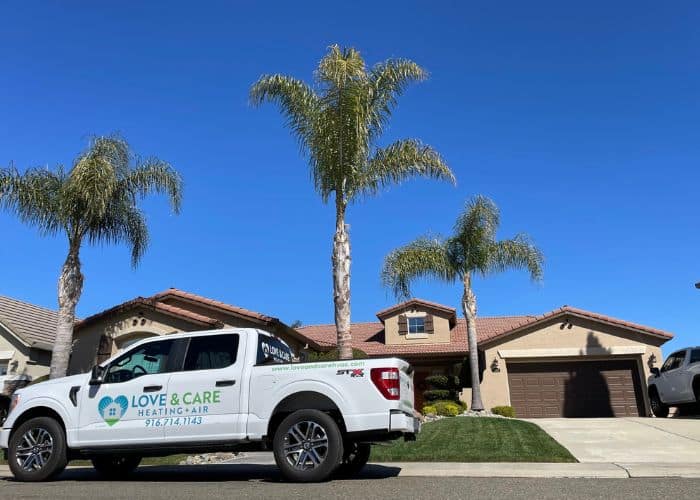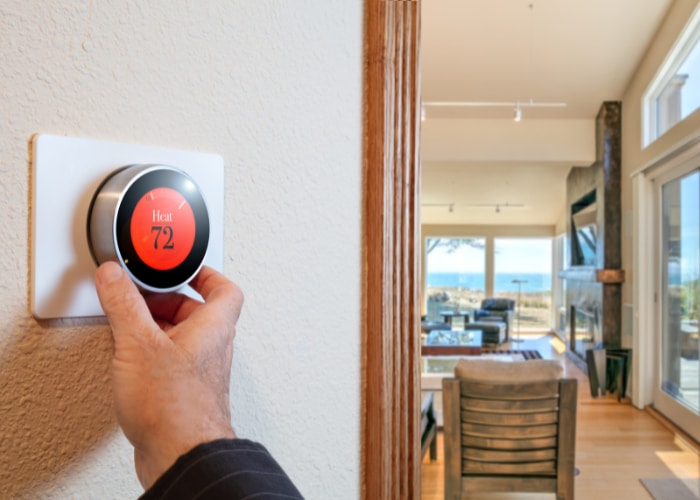5 HVAC Troubleshooting Tips for Homeowners
HVAC Troubleshooting Tips: A Guide for Homeowners
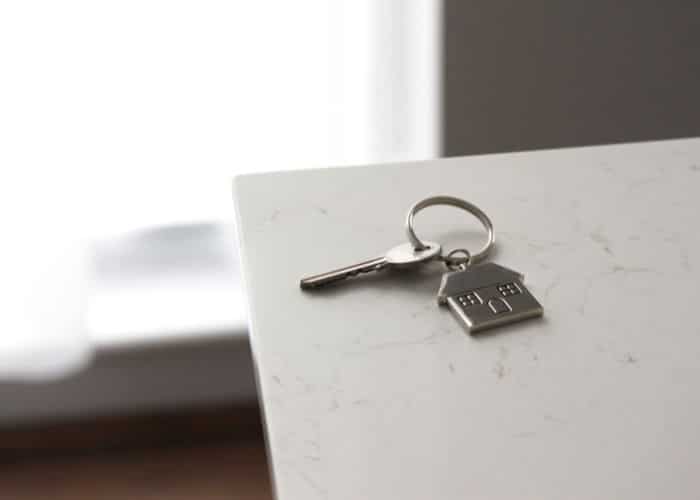
If you own a home, then you know that the HVAC system is essential to keep your family comfortable, especially during extreme temperatures in Sacramento, California. But, like any other appliance or equipment, HVAC systems can develop problems over time. As a homeowner, it’s crucial to take on preventive measures to ensure your HVAC system runs smoothly throughout the year. One of the best ways to do so is by learning a few troubleshooting tips. This blog post presents five useful tips to help you troubleshoot and avoid unexpected HVAC breakdowns.
Check and Replace the Air Filter
One of the most common causes of HVAC system malfunction is a clogged air filter. Over time, the air filter will collect dust, dirt, and other particles that can impede airflow throughout your home. Notably, clogged air filters will prevent clean air from reaching the HVAC system, which may put it under undue stress. To avoid this, make sure to check the air filter regularly and replace it if it’s dirty or clogged.
Inspect Thermostat Settings
In some instances, your HVAC system may not work correctly due to incorrect thermostat settings. To ensure your HVAC system operates correctly, check your thermostat settings to verify it’s in the right mode. For example, if your thermostat is in the cooling mode during winter or heating mode during summer, the HVAC system will not work correctly. Therefore, it’s essential to keep an eye on the settings and make adjustments accordingly.
Clean the Condenser Coils
Another useful HVAC tip is to clean the condenser coils regularly. The condenser coils are situated outside the house and can collect dust and debris over time. When this happens, the condenser coils will not work efficiently, leading to inadequate cooling or heating. Therefore, it’s essential to clean the condenser coils routinely to remove dirt, leaves, and other debris that restrict airflow.
Inspect the Drainage System
Most HVAC systems rely on a drainage system to eliminate excess moisture. However, if the drainage system is clogged or not working correctly, excess moisture may build up, leading to water damage. One of the ways to avoid this is by inspecting the drainage system for any blockages and clearing them promptly. Additionally, it’s essential to ensure that the drainage system has adequate slope to channel water away from your house’s foundation.
Check Electrical Connections
A faulty electrical connection may also lead to HVAC system problems. Therefore, checking the electrical connections regularly is essential. Look for any loose or frayed wires and fix them promptly. However, it’s advisable to leave electrical repairs to a professional to avoid any accidents.
HVAC systems are an essential component of any home, and homeowners must take preventive measures such as routine maintenance and troubleshooting to keep them running smoothly. These five HVAC troubleshooting tips will help you avoid unexpected breakdowns, save some money on costly repairs, and keep your home comfortable year-round. However, if you experience any HVAC issues, contact us today at Love and Care Heating and Air in Sacramento, California. Our team has the expertise and tools to repair the problem promptly and ensure your HVAC system runs smoothly.

